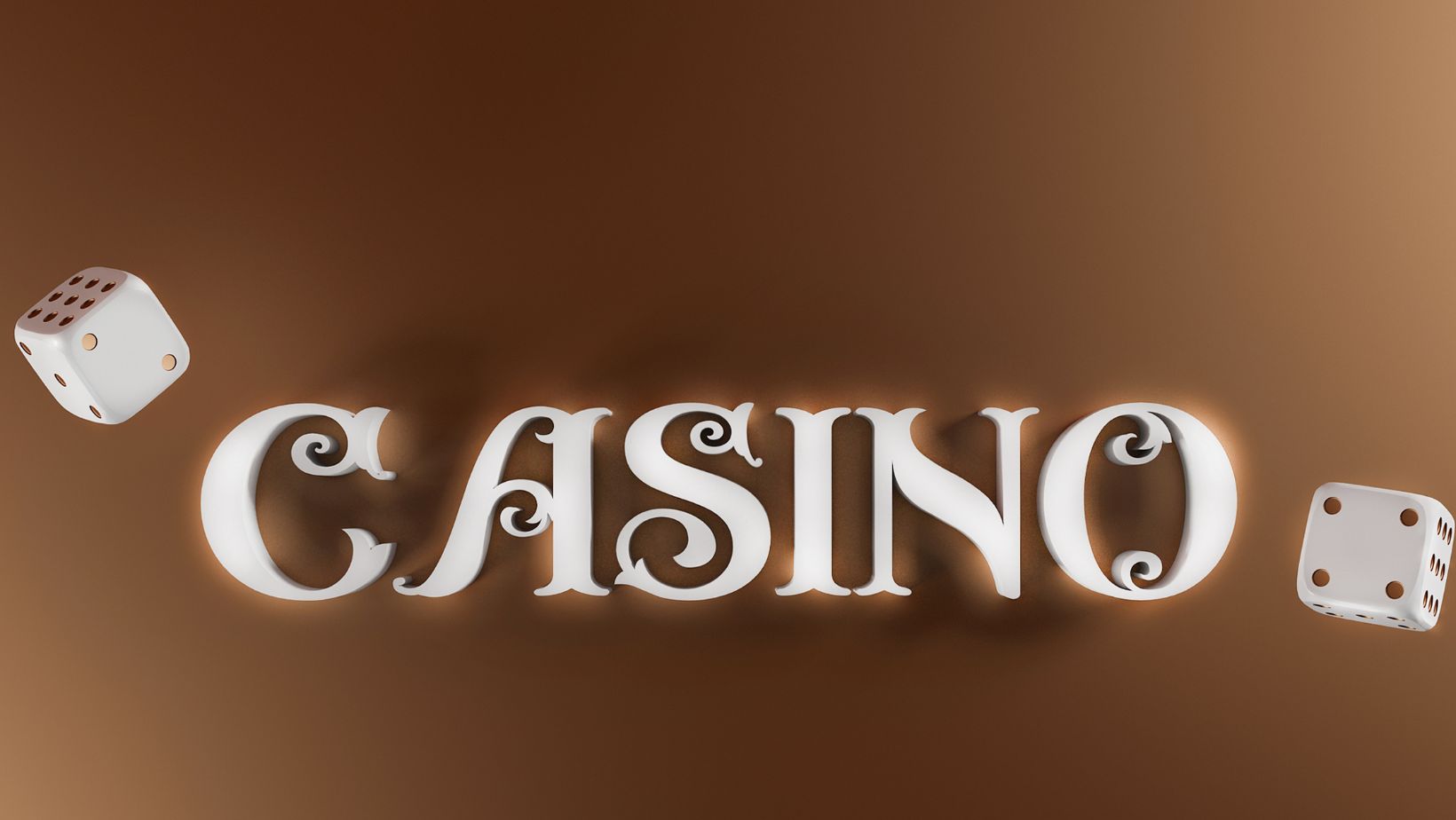
Last month, I nearly deposited $500 at a casino displaying official-looking Malta Gaming Authority badges across their homepage. Something felt off about their customer service responses, so I decided to verify their license directly with the MGA.
They weren’t licensed. Never had been. The license number was fake, the documents were photoshopped, and the regulatory badges were stolen from legitimate casinos.
This discovery sent me down a rabbit hole of license verification. Turns out, fake licensing claims are everywhere in online gambling. Here’s how to protect yourself using the same verification methods that saved me from three different casino scams.
French operators demonstrate proper licensing transparency. Casino770 displays clear regulatory information alongside their welcome bonus up to €1,000, making verification straightforward compared to the fake license operators I discovered.
The Fake License Epidemic
Regulatory badges are incredibly easy to fake. Download a legitimate casino’s license image, change the license number in Photoshop, and upload it to your scam site. Takes maybe twenty minutes for someone with basic design skills.
I started systematically checking licenses after my Malta scare. Out of 15 random casinos I tested, three had completely fabricated licensing claims. Another two were using expired licenses they hadn’t renewed.
The scary part? These weren’t sketchy-looking sites. Professional designs, live chat support, and thousands of games. Fake licenses appear on casinos that look completely legitimate.
Finding Real License Information (Not Just Pretty Badges)
Here’s where most people mess up—they see a fancy badge and assume it’s legit. I learned to dig deeper after getting burned.
Real licenses come with actual details, not just images. When I check a casino now, I hunt for the license number (usually starts with letters showing which country issued it), the exact name of who issued it, and when it expires. Good casinos don’t hide this stuff—you’ll find it in the footer or some “About Us” section.
If I’m clicking around for more than a couple minutes trying to find basic license info, I’m already suspicious. Legitimate places want you to verify their credentials easily.
Checking With the Real Authorities
This part takes maybe three minutes but saves you from major headaches later. Most gambling authorities keep public databases where you can look up licensed operators.
The Malta Gaming Authority has a search tool where you punch in the license number or company name. The UK Gambling Commission works similarly. Their database shows current licenses, what each operator is allowed to do, everything. Updates pretty regularly, too.
Curacao gets tricky because they have multiple licensing bodies operating there. You need to figure out which specific authority supposedly issued the license, then check with them directly. It’s a pain, but that’s exactly why scammers love claiming Curacao licenses—people don’t bother verifying.
Making Sure Nobody’s Stealing Someone Else’s License
Even legitimate license numbers can be stolen. Happened to me once—found a casino using a real Malta license, but when I dug deeper, that license belonged to a completely different company running different websites.
What I do now is match up the company name on the license with whatever legal entity the casino claims to be. Check if the registered addresses line up. Some licenses even specify which website domains they’re allowed to use.
Game authenticity often reflects overall site legitimacy. Testing games like mystical unicorn slots helps spot operators using proper licensed software versus those cutting corners everywhere, including their regulatory claims.
What Legitimate Licenses Mean
Not all licenses provide equal protection. Understanding license types helps set proper expectations:
Tier 1 Licenses (Strong Protection)
- UK Gambling Commission
- Malta Gaming Authority
- Swedish Gambling Authority
These require strict compliance, regular audits, and maintain compensation funds for player protection.
Tier 2 Licenses (Moderate Protection)
- Curacao eGaming
- Gibraltar Gambling Commission
- Denmark Gambling Authority
Provide basic oversight but less stringent player protection requirements.
Tier 3 Licenses (Minimal Protection)
- Various Caribbean jurisdictions
- Some Eastern European authorities
Often, just revenue generation schemes with minimal actual oversight.
The Five-Minute Verification Process
Here’s my current routine for checking any new casino:
- Locate license details (2 minutes max)
- Search the regulator database (2 minutes)
- Cross-reference company information (1 minute)
If any step fails or takes longer than expected, I move on. Legitimate casinos make verification straightforward because they want you to confirm their credentials.
Beyond Licenses: Additional Legitimacy Checks
Licenses aren’t the only indicator of legitimacy. Also verify:
- Payment processor partnerships (legitimate processors vet their casino partners)
- Game provider relationships (major providers require proper licensing)
- Customer complaint resolution (check forums for withdrawal issues)
The combination of verified licensing plus these additional factors provides strong legitimacy confidence.
Real casino licensing creates accountability. Fake licenses are just expensive-looking decorations designed to steal your money. Five minutes of verification can save you from expensive mistakes—like almost depositing $500 at that fake Malta-licensed casino that started this whole investigation.




